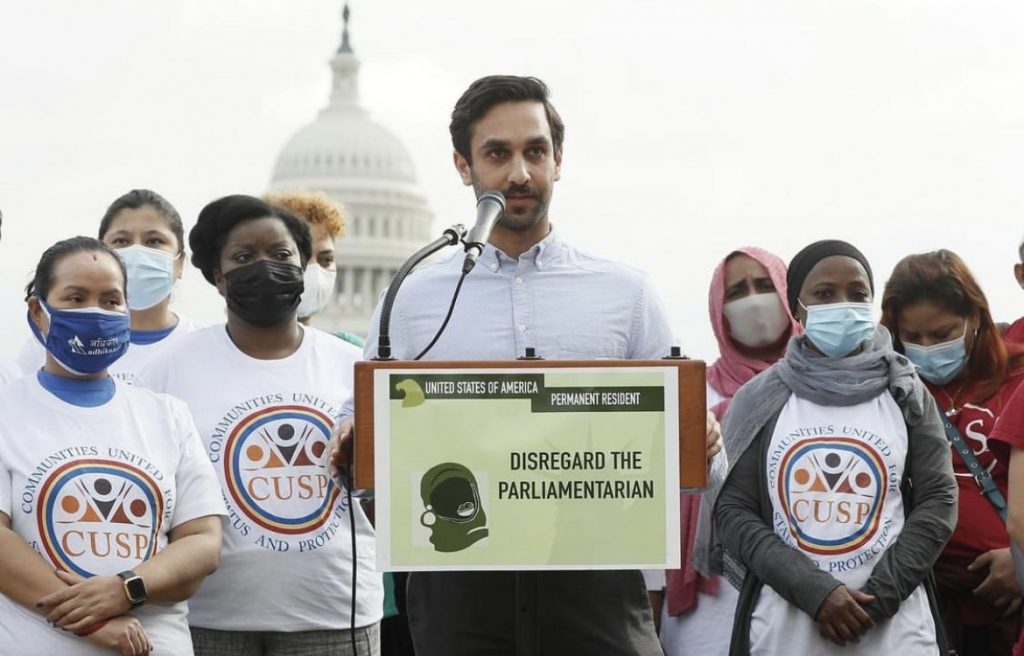
NNAAC actively advocates for the designation of Temporary Protected Status (TPS) for Arab nations grappling with armed conflicts, environmental catastrophes, or exceptional adversities. In collaboration with our coalition partners including Communities United for Temporary Protected Status (CUSP), we strive to overturn Title 42, a racist and cruel border control policy, and advocate for TPS for Lebanon. Finally, NNAAC is committed to promoting comprehensive immigration reform, which starts with passing the Renewing Immigration Provisions of the Immigration Act of 1929 (Registry bill) to achieve a more equitable and inclusive system.
Federal